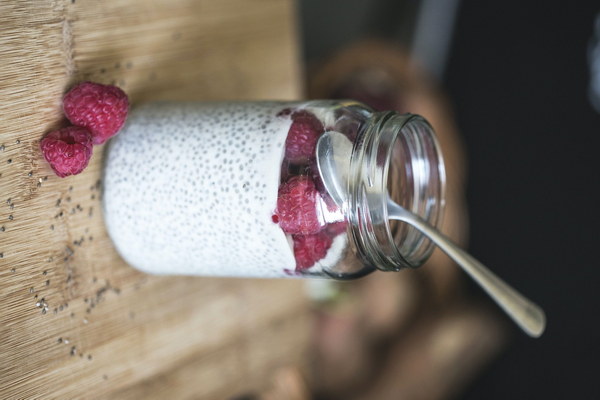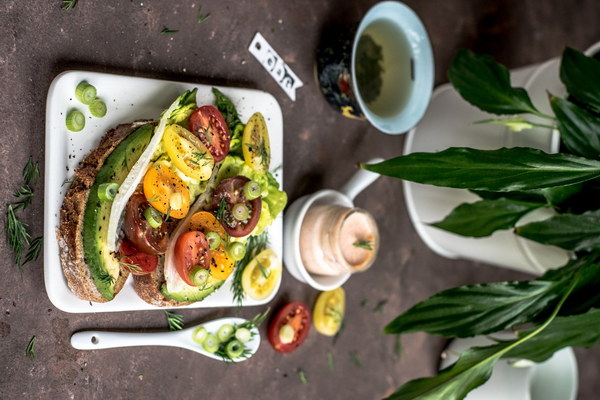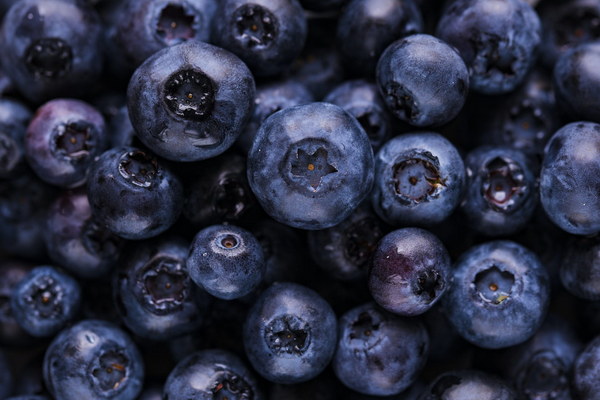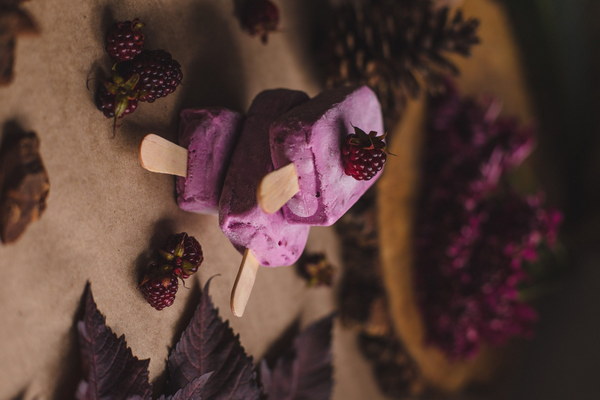The Royal Touch Exploring the Art of Qing Dynasty Imperial Medicine Cuisine
Immersed in the rich tapestry of Chinese history, the Qing Dynasty left behind an indelible mark on various aspects of culture, including the culinary arts. One of the most fascinating contributions of this era is the concept of Qing Dynasty Imperial Medicine Cuisine, a unique blend of traditional Chinese medicine and gourmet cooking that promises both health and taste. In this article, we delve into the world of Qing Dynasty medicine cuisine, exploring its origins, ingredients, and the health benefits it offers.
Origins of Qing Dynasty Imperial Medicine Cuisine
The Qing Dynasty, which lasted from 1644 to 1912, was a time when Chinese medicine reached its zenith. During this period, the emperors and their courts placed great emphasis on maintaining their health and longevity, which led to the development of medicine cuisine. These dishes were prepared with the intention of promoting well-being and preventing diseases, rather than simply satisfying hunger.
The origins of Qing Dynasty medicine cuisine can be traced back to the royal households, where the emperors, concubines, and court officials sought the expertise of renowned physicians and chefs. These individuals collaborated to create dishes that would cater to the health needs of the royal family, incorporating ingredients with medicinal properties and balancing flavors to achieve harmony within the body.
Key Ingredients in Qing Dynasty Medicine Cuisine
The foundation of Qing Dynasty medicine cuisine lies in its use of unique ingredients, many of which are rare and exotic. Some of the most notable ingredients include:
1. Gynostemma pentaphyllum: Also known as the five-leaf grass, this herb is believed to boost the immune system, lower blood pressure, and aid in weight loss.
2. Cordyceps sinensis: A prized mushroom that is said to enhance vitality, improve sexual function, and boost energy levels.
3. Goji berries: These berries are rich in antioxidants and have been used in traditional Chinese medicine to improve eyesight, boost the immune system, and promote longevity.
4. Astragalus: A root that is believed to boost the immune system, improve circulation, and reduce inflammation.
5. Chicken feet: A common ingredient in Qing Dynasty medicine cuisine, chicken feet are believed to improve skin health and boost blood circulation.
Health Benefits of Qing Dynasty Medicine Cuisine
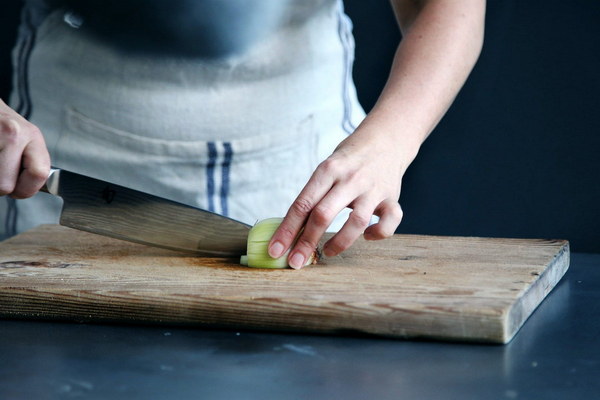
The health benefits of Qing Dynasty medicine cuisine are numerous and have been well-documented over the centuries. Some of the key benefits include:
1. Immune system support: The use of herbs like gynostemma pentaphyllum and astragalus can help strengthen the immune system, making the body more resistant to diseases.
2. Improved vitality: Ingredients such as cordyceps sinensis and goji berries are believed to boost energy levels, improve sexual function, and enhance overall vitality.
3. Reduced inflammation: Astragalus and other anti-inflammatory herbs can help alleviate pain and swelling, making them beneficial for individuals with chronic conditions.
4. Enhanced digestion: Many Qing Dynasty medicine cuisine dishes are prepared using gentle cooking methods, such as steaming and simmering, which make them easier to digest and more suitable for individuals with sensitive stomachs.
The Art of Cooking Qing Dynasty Medicine Cuisine
Preparing Qing Dynasty medicine cuisine is an art form that requires precision and skill. Chefs must carefully select the right ingredients, balance flavors, and adhere to traditional cooking methods to ensure the optimal health benefits. Some of the key techniques used include:
1. Steaming: A gentle cooking method that preserves the nutrients and flavors of the ingredients.
2. Simmering: A slow cooking process that allows the flavors to meld together and enhance the medicinal properties of the ingredients.
3. Blending: Combining various herbs and ingredients to create a harmonious blend of flavors and health benefits.
Conclusion
The Qing Dynasty Imperial Medicine Cuisine is a testament to the rich history and cultural heritage of China. By combining the wisdom of traditional Chinese medicine with gourmet cooking, these dishes offer both health and taste, making them a unique and delightful culinary experience. Whether you are seeking to improve your health or simply indulge in a taste of history, Qing Dynasty medicine cuisine is sure to leave a lasting impression.

